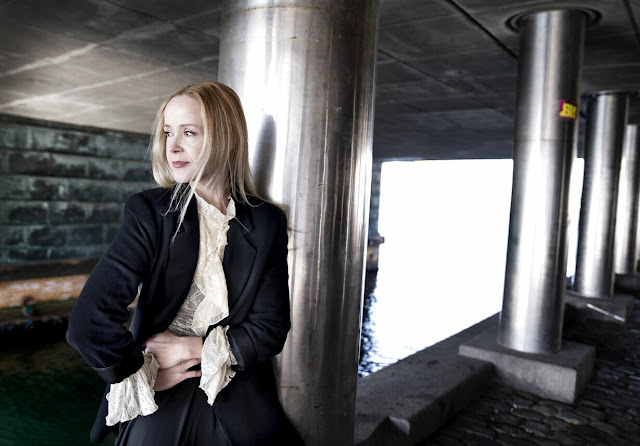It’s no secret that the traditional workweek is a bit outdated.
Working 40 hours a week — or eight hours a day — was a concept often credited to Welsh labor activist Robert Owens, who championed the phrase ‘eight hours labor, eight hours recreation, and eight hours rest’.
Later popularized in the 1920s by American car manufacturer Henry Ford, who mandated a 40-hour five-day workweek for all of his employees, this became the standard of work that many of us are accustomed to a century later.
But is it actually effective?
Many experts agree that working long hours isn’t great for productivity, and it can take a heavy toll on both your mental and physical health.
In fact, one study found that working long hours caused an increase in depression, stress, and suicidal thoughts, while another discovered that working 55 hours or more per week was associated with significant health risks — including a 35% higher risk of a stroke and a 17% higher risk of death from ischemic heart disease — when compared to those working fewer hours.
While many companies around the UK are planning to pilot a four-day workweek this summer, others suggest that working fewer hours each day is also important— especially after one study of UK office workers famously concluded that a majority of workers are only productive for two hours and 53 minutes per day.
The optimal length of the workday? According to Alex Soojung-Kim Pang’s book, Rest: Why You Get More Done When You Work Less, it might be shorter than you think.
Pang discovered that most people thrive while working four hours a day —whether we’re looking at scientists, mathematicians, writers, or students —because rest was just as essential to performance as practice.
The longer we work, Pang theorized, the more our productivity drops. Instead of working eight or more hours at reduced capacity, we should be working shorter hours that allow us to concentrate our efforts.
While it might sound far-fetched, I decided to test this theory for myself, and I was surprised to find that it worked.
What’s a four-hour workday really like?
I’ve spent years working a traditional eight-hour day, so making the switch to a shorter workday was a bit of an adjustment.
While I was excited to try working less — and to have more free time to myself — I was worried about being able to accomplish all of my work in such a short time period, and I felt guilty about working so much less than my partner.
In practice, however, working less was exactly what I needed. My new schedule involved working from 10am to 2pm, and I tried to view each day as fully flexible versus a rigid ‘clock-in, clock-out schedule. This meant that some days I’d find myself working later into the afternoon, while on other days I’d stop working earlier if I found myself getting tired or distracted.
After a few days, I realized that my productivity was skyrocketing along with my mood and a general sense of well-being.
Instead of sleeping in each morning, I found myself waking up earlier than I had in months, simply because I was excited to have a quiet, calm morning to myself.
I relished in my slow morning routine — which typically involved a healthier breakfast, time for journaling or meditation, and a brief walk with the dogs — before sitting down at my desk for the day.
I found myself getting less distracted throughout the day, and I was completing tasks quickly and efficiently without needing to take any breaks.
Procrastination was less of an issue than ever before — which was particularly impressive, considering that’s something my ADHD brain has always struggled with — and I felt like my overall work quality improved as well.
Even more surprising? At the end of each week, I started noticing that I was finishing more work than I had in previous weeks, which meant what started as a fun experiment quickly turned into my permanent work routine.
It’s now been a few months since I made the switch, and I’m still consistently surprised by how much work I’m getting done every single day simply because I restrict the number of hours I’m ‘allowed’ to work each day.
Obviously, this isn’t a switch everyone is able to make — especially if you’re not self-employed like I am — and I still struggle with guilt from time to time. It’s hard to watch my partner struggle with an overloaded work schedule and not feel like I should be doing the same.
However, this experiment has also made me more aware that productivity isn’t a one-size-fits-all solution.
Working four hours a day has helped me get more done, but others might find a longer workday with shorter workweeks benefits them more.
Ultimately, the future of work is flexible. It’s all about keeping an open mind, trying out different things, and finding what works best for you.

